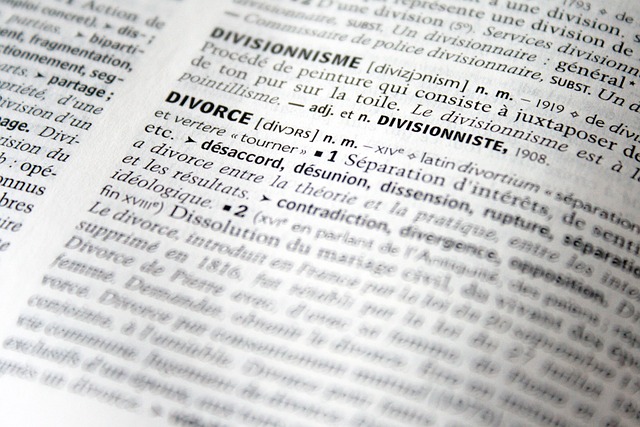Plea bargaining offers faster resolutions and reduced sentences but demands careful negotiation by defense lawyers to balance swift justice with client rights protection. Ethical considerations in agreements are crucial, especially in complex cases involving marginalized communities, financial crimes, and international borders, to maintain legal integrity and safeguard defendant rights.
“Litigation Types: Unraveling the Complexities of Plea Bargaining and Ethical Dilemmas
This article delves into the intricate world of legal negotiations, focusing on plea bargaining as a collaborative approach to dispute resolution. We explore the ethical considerations surrounding these agreements, highlighting the delicate balance between justice and consent. By examining the strategies and potential pitfalls, we aim to provide insights into the nuanced decisions that shape the outcome of criminal cases, emphasizing the importance of ethical guidelines in plea bargaining practices.”
- Understanding Plea Bargaining: A Collaborative Approach
- Ethical Dilemmas in Negotiation Tactics
- Balancing Justice and Consent in Agreements
Understanding Plea Bargaining: A Collaborative Approach

Plea bargaining is a collaborative process between prosecutors and defendants where an agreement is reached to resolve a criminal case outside of trial. This approach offers a more streamlined path to resolution, often resulting in reduced sentences for defendants who plead guilty. However, it’s crucial to consider the ethical implications of these agreements. Lawyers representing clients in high-stakes cases must ensure that any plea bargain is fair and does not compromise their client’s rights or interests.
The general criminal defense strategy involves carefully navigating the terms of the plea bargain to protect the defendant’s future freedom and potential civil liabilities. Skilled attorneys advocate for their clients, ensuring that the agreement is reasonable and in line with the circumstances of the case. By balancing the need for swift resolution against protecting their client’s best interests, lawyers play a vital role in shaping the outcome of plea bargaining agreements, especially in complex or high-profile cases.
Ethical Dilemmas in Negotiation Tactics

Negotiation tactics in litigation often present complex ethical dilemmas that require careful consideration. One of the most prominent areas of concern is plea bargaining agreements, where defendants negotiate to reduce their charges or sentencing in exchange for pleading guilty. This practice raises several ethical questions, such as ensuring a fair and just outcome for all parties involved, especially when dealing with vulnerable populations or marginalized communities.
The pursuit of achieving extraordinary results through litigation cannot overshadow the importance of ethical considerations. A lawyer’s role extends beyond winning cases; it involves upholding the integrity of the legal system and protecting the rights of individuals. In light of this, negotiating strategies must balance the need for successful outcomes with maintaining transparency, fairness, and respect for due process, thereby fostering trust within philanthropic and political communities that rely on an unprecedented track record of justice.
Balancing Justice and Consent in Agreements

In litigation, especially in complex cases like white-collar defense, balancing justice and consent is a delicate act. Plea bargaining agreements play a significant role here, serving as a means to resolve cases outside of trial. However, these agreements must be carefully constructed to ensure fairness and avoid exploitation. The ethical considerations in plea bargaining are crucial, particularly when dealing with sensitive financial crimes that often span across the country.
The process involves negotiating a plea deal where the defendant agrees to plead guilty to reduced charges or a lesser sentence in exchange for the prosecution’s promise not to pursue further charges. While this can lead to an unprecedented track record of swift resolution, it’s essential to maintain integrity. Legal professionals must ensure that defendants understand their rights and the implications of their pleas, guarding against any coercion or undue influence.
In conclusion, while plea bargaining offers a collaborative approach to resolve legal disputes, ethical considerations in plea bargaining agreements remain paramount. Balancing justice and consent is crucial, as these negotiations can significantly impact individuals’ lives. As such, understanding the complexities of plea bargaining, navigating ethical dilemmas, and ensuring fairness are essential components of any effective legal strategy.






